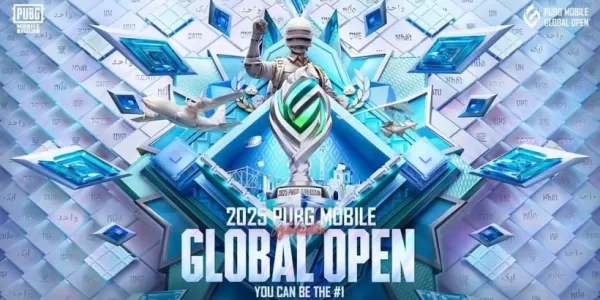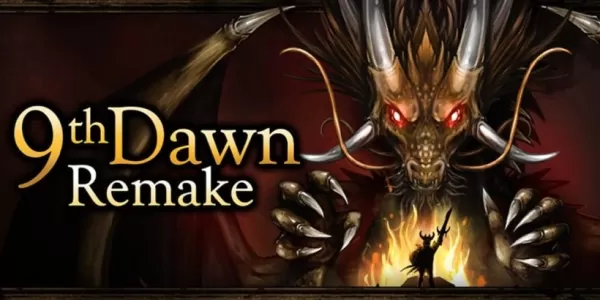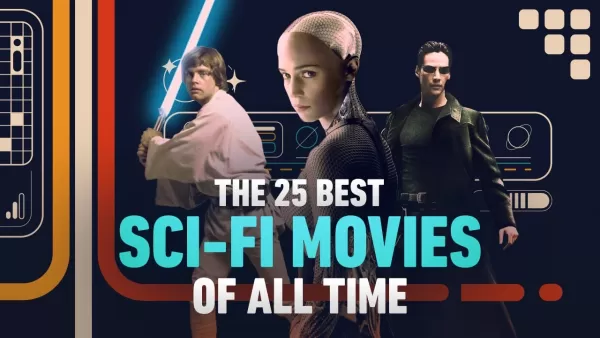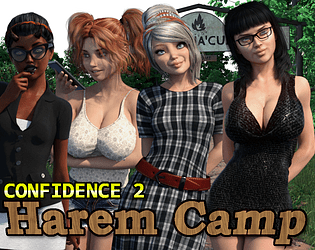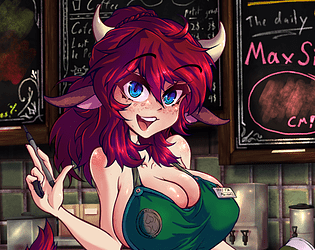The integration of artificial intelligence (AI) into the gaming industry has become a hot topic of discussion, sparking both interest and concern among game creators. In a recent interview at Famitsu, translated by Automaton, several prominent Japanese game developers known for their narrative-driven games shared their thoughts on the future of game creation in the age of AI. The panel included Yoko Taro of the NieR series, Kotaro Uchikoshi (Zero Escape, AI: The Somnium Files), Kazutaka Kodaka (Danganronpa), and Jiro Ishii (428: Shibuya Scramble).
The conversation turned to the future of adventure games, with both Yoko and Uchikoshi expressing their views on AI. Uchikoshi voiced his apprehension about the rapid evolution of AI technology, suggesting that AI-generated adventure games could become mainstream. He emphasized, however, that current AI struggles to produce "outstanding writing" that matches human creativity, underscoring the importance of maintaining a "human touch" in game development to stay ahead of technological advancements.
Yoko Taro shared similar concerns, warning that AI could potentially lead to job losses for game creators. He speculated that in 50 years, game creators might be relegated to the status of bards, a profession once central to storytelling but now largely obsolete.
When asked if AI could replicate the intricate worlds and narratives of their games, including their signature twists and turns, Yoko and Ishii agreed it was possible. However, Kodaka argued that while AI might mimic their styles, it could not truly emulate the creative process of a human creator. He likened this to how other writers might imitate David Lynch's style, but Lynch himself could evolve his style while retaining its authenticity.
Yoko suggested the potential use of AI to generate new scenarios within adventure games, such as alternative routes. Kodaka, however, pointed out that such personalization could diminish the shared experience that games often provide.
The discussion around AI in gaming is not limited to these creators. Other notable figures and companies, including Capcom, Activision, and Nintendo president Shuntaro Furukawa, have also shared their perspectives. Furukawa highlighted the creative potential of generative AI but also raised concerns about intellectual property rights. Both Microsoft and PlayStation have contributed to the ongoing dialogue about AI's role in the future of gaming.

